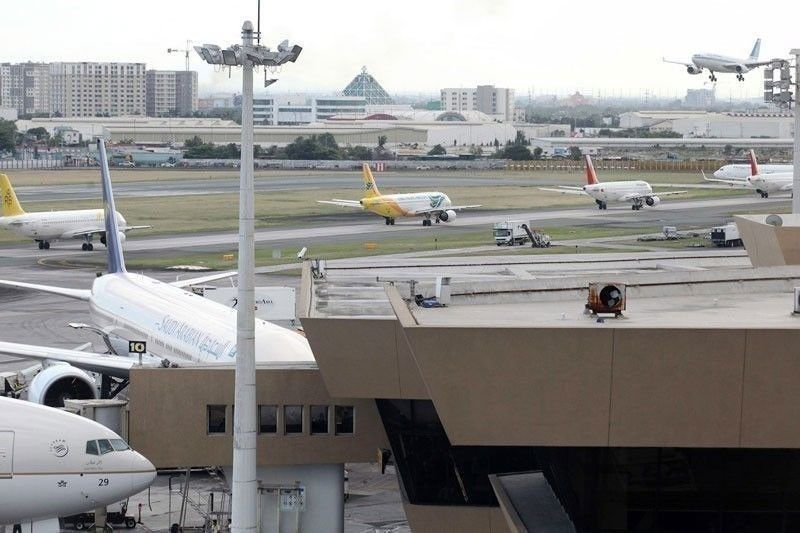IATF approves antigen screening protocol for domestic travel

MANILA, Philippines — The government has approved the Antigen Screening Protocol for Domestic Air Travel for tourism, a few days after President Duterte allowed the resumption of local tourism activities to boost the economy battered by the coronavirus disease 2019 (COVID-19) pandemic.
Based on the Inter-Agency Task Force for the Management of Emerging Infectious Diseases Resolution No. 70 released yesterday, the IATF has adopted the Department of Transportation’s proposal, subject to the alignment with final Department of Health (DOH) protocols.
For this purpose, the IATF has directed the DOH to incorporate the “suppletory use of antigen testing for all domestic travel.”
In an earlier Resolution No. 69, the IATF has maintained that the Reverse Transcription-Polymerase Chain Reaction (RT-PCR) shall remain the gold standard for confirmatory testing. But it also allowed the use of antigen tests as “a substitute for RT-PCR, based on DOH guidelines.”
The antigen test is a requirement as a “pre-boarding requirement” for asymptomatic domestic tourists before departure and travel to tourism destinations or as a requirement upon entry at the place of destination, if in accordance with the protocols set by the local government unit. “Confirmatory antigen test will be undertaken three to five days thereafter,” the resolution read.
Citing the resolution, presidential spokesman Harry Roque Jr. explained that the antigen testing may likewise be used in the testing of domestic tourists who turn asymptomatic at the place of destination, if there is no RT-PCR test available.
Quarantine, isolation and testing strategies shall be complemented by strict adherence to the minimum public health standards, Roque said.
The IATF also amended paragraph 10, section 4 of the Guidelines for Areas Under General Community Quarantine of the Omnibus Guidelines for the Implementation of Community Quarantine in the Philippines.
It now reads: No hotels or accommodation establishments shall be allowed to operate except those accommodating the following: For guests who have existing booking accommodations for foreigners as of March 17, 2020 for Luzon and May 1, 2020 for other areas; Guests who have existing long-term bookings; distressed OFWs and stranded Filipinos or foreign nationals; Repatriated OFWs in compliance with approved quarantine protocols; Non-OFWs who may be required to undergo mandatory facility-based quarantine; Healthcare workers and other employees from exempted establishments under these Omnibus Guidelines and applicable memoranda from the Executive Secretary; and Markets of specialized programs of the Department of Tourism (DOT).
Provided that accommodation establishments may operate only upon the issuance of a Certificate of Authority to operate by the DOT, and other regulations. The IATF also mandates that the operation of ancillary establishments within the premises, such as restaurants, cafes, bars, gyms, spas, and the like, shall be governed by these Omnibus Guidelines and other issuances of relevant national agencies.
- Latest
- Trending



























